Basic Sciences
-
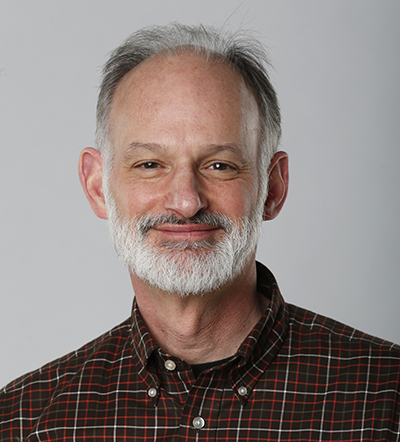
Producing green fuel, and more rapid determination of the biological consequences of gene editing
A team of Vanderbilt researchers led by Jamey Young, Cornelius Vanderbilt Professor of Engineering, John McLean, department chair and Stevenson Professor of Chemistry, and Carl Johnson, Cornelius Vanderbilt Professor of Biological Sciences, has described a novel method for rapidly characterizing… Read MoreDec. 15, 2021
-

A potential new approach for the treatment of schizophrenia
THE IDEA Jeffrey Conn (John Russell/Vanderbilt University) James Maksymetz A new study led by Jeff Conn, Lee E. Limbird Chair in Pharmacology, James Maksymetz, a former graduate student in the Conn laboratory, and other collaborators at the Warren Center for… Read MoreDec. 8, 2021
-
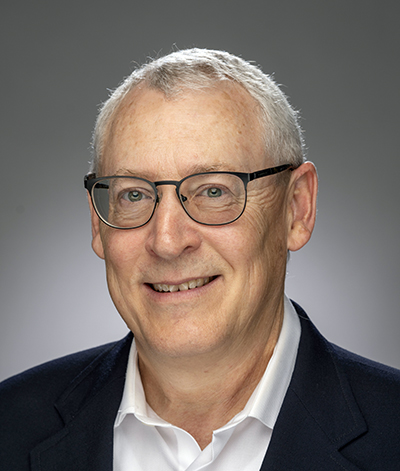
Flipping the script on flippases
Todd Graham, Stevenson Chair of Biological Sciences and professor of cell and developmental biology, and external collaborators recently published a paper describing the structure of a yeast “flippase” called Neo1. The research was led by three co-first authors: Bhawik Jain, a postdoc from the Graham lab, Lin Bai from Peking… Read MoreDec. 6, 2021
-
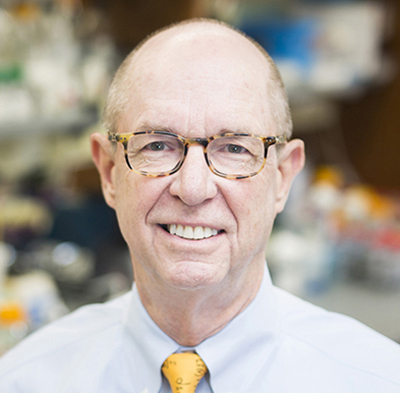
Search committee announced to find next dean of School of Medicine Basic Sciences
Provost and Vice Chancellor for Academic Affairs C. Cybele Raver has appointed a committee to conduct a national search for the next dean of the School of Medicine Basic Sciences. The committee includes faculty members, Vanderbilt University Medical Center leadership, a dean, an alumna and a current student. John Geer,… Read MoreNov. 8, 2021
-
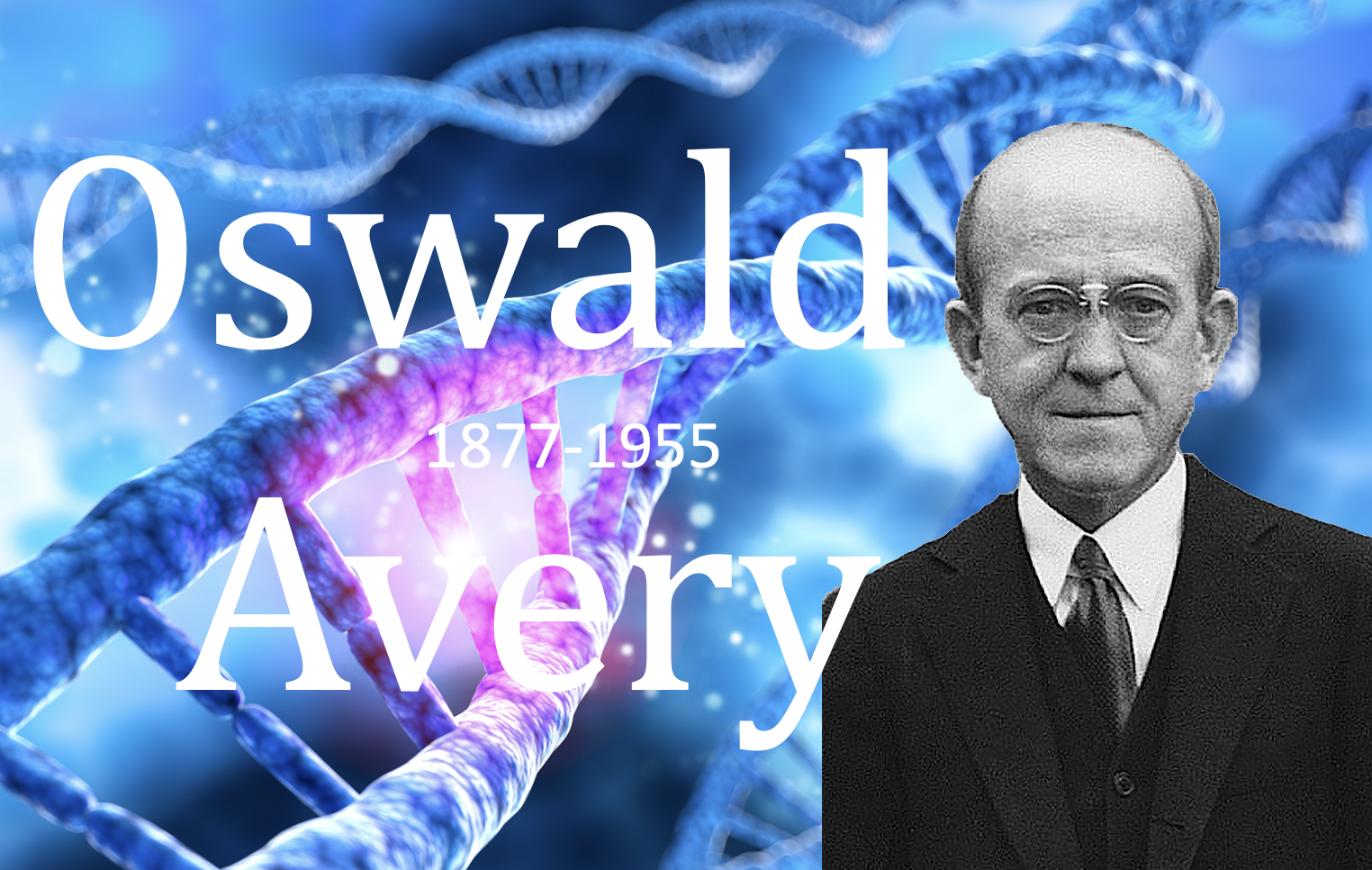
Protein Society President’s Column Honors Oswald Avery
An editorial, written by president of The Protein Society Chuck Sanders, appears in the October 2021 issue of the Society’s newsletter. It came to my attention that Oswald Avery is buried here in Nashville at the atmospheric Mt. Olivet Cemetery—I had been told that my Dean,… Read MoreOct. 27, 2021
-
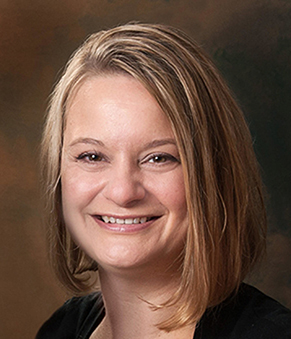
Professor discovers signaling pathway that lets ketamine act as a rapid antidepressant
THE IDEA Ketamine has been gaining interest over the past several years as a fast-acting antidepressant. Past research shows that ketamine has antidepressant effects, especially for those who have treatment-resistant depression. Lisa Monteggia, professor of pharmacology and director of the Vanderbilt Brain Institute, furthered her prolific research… Read MoreOct. 27, 2021
-
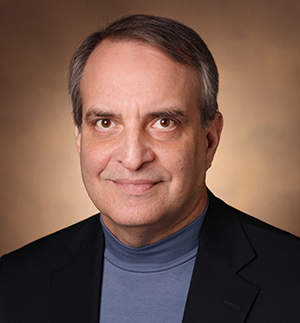
New marker for metaplasia
Cellular changes in the stomach lining, called metaplasia, increase the risk for gastric cancer, the third leading cause of cancer deaths worldwide. Two types of metaplasia are observed in the human stomach: pyloric metaplasia, initiated from spasmolytic polypeptide-expressing metaplasia (SPEM) cells, and intestinal metaplasia, which can represent a more advanced… Read MoreOct. 14, 2021
-
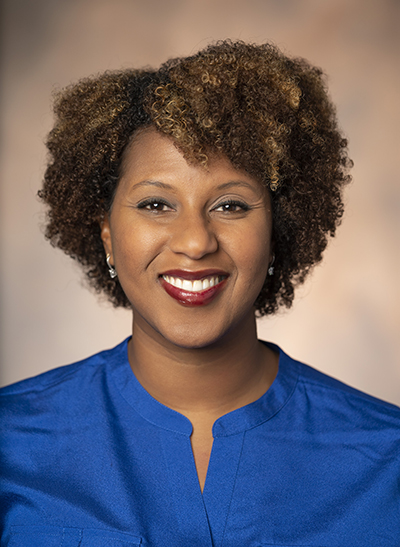
Renã Robinson named President of National Organization for the Professional Advancement of Black Chemists and Chemical Engineers
Renã A.S. Robinson, associate professor of chemistry and Dorothy J. Wingfield Phillips Chancellor Faculty Fellow, has been named president of the National Organization for the Professional Advancement of Black Chemists and Chemical Engineers. Read MoreOct. 12, 2021
-

Marnett stepping down as dean of Vanderbilt School of Medicine Basic Sciences
Lawrence J. Marnett, who has served as dean of Vanderbilt University’s School of Medicine Basic Sciences since its creation in 2016 and has led its dramatic ascension as one of the nation’s top biomedical research and doctoral programs, will step down as dean effective June 30,… Read MoreOct. 11, 2021
-
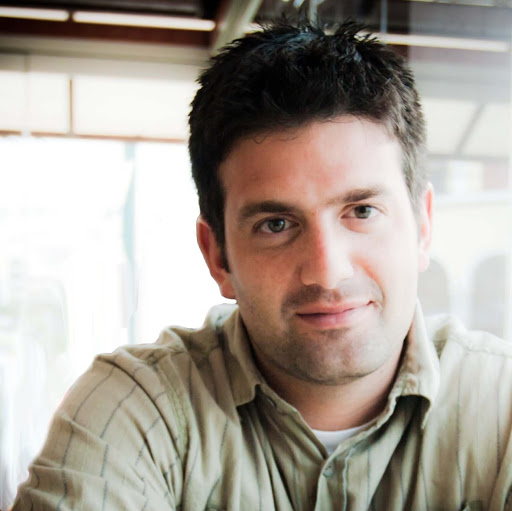
Molecular imaging of C. diff infection
Disruption of the gut microbiota, for example by antibiotics, allows the bacterium Clostridioides difficile (C. diff) to colonize and cause disease. C. diff is the leading cause of hospital-associated intestinal infections in the U.S., but the mechanisms of colonization are unclear. Eric Skaar, PhD,… Read MoreSep. 30, 2021